On Minimalism
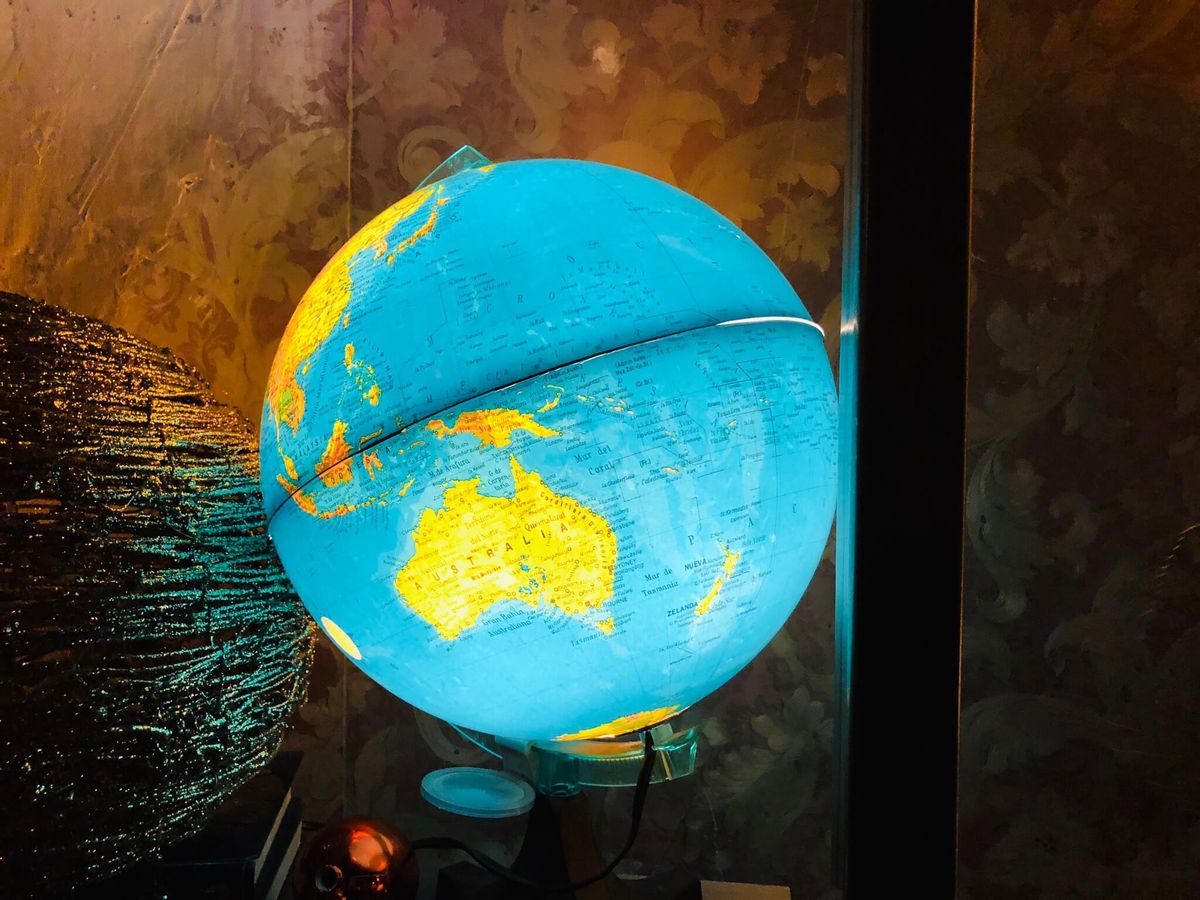
Exactly one year ago, the 31st of December of 2017, I found myself on a plane, reflecting on how my life had changed since I quit my corporate job. I was flying back to Riga after spending the holidays with my family and friends.
I’m also on a flight right now, to Chiang Mai this time. Today, I would like to reflect on minimalism, what it meant to me, what I’ve learned after decluttering my life, and what I keep on learning every day.
2018 In Words
What a year!
2018 has been really intense for me. I started a new business that’s growing quickly. I traveled throughout Europe, got seriously ill in a foreign hospital, and embraced stoicism and meditation. So a year full of lights and shadows. Lots of memories.
Probably one of the most important things I’ve learned this year is that minimalism is not just something you apply to your belongings, but it’s a state of mind. It has more to do with reducing the things you thing you need than reducing the number of objects you own.
In fact, I find Stoicism to be the perfect companion for Minimalism. It teaches you that the richest man is not the man who has more money and properties, but the one that has fewer needs.
My Journey To Minimalism
Curiously enough, my journey to Minimalism followed a similar path to the development of Minimalism itself. Minimalism started in the 60s as an artistic expression mostly associated with music, and then expanded into other artistic areas such as painting, sculpture, architecture… Later, the principles of Minimalism were applied to how we interact with the world, and so Minimalism evolved into a philosophy first, and a lifestyle later.
I have discovered it is enough when a single note is beautifully played. This one note, or a moment of silence, comforts me.
— ARVO PÄRT
Similarly, my love for minimalism started with music. Arvo Pärt -my favorite composer, Estonian-, Philip Glass, Olafur Arnalds, Michael Nyman, Stars of the Lid, Steve Reich, John Cage, Eluvium… That led me to discover artists applying it in other artistic areas, or movements influenced by Minimalism, such as the Bauhaus school.
Eventually, you start seeing connections to other schools of though and philosophies, both old and new, such as meditation, decluttering, stoicism, zero waste… and start applying it also to your life.
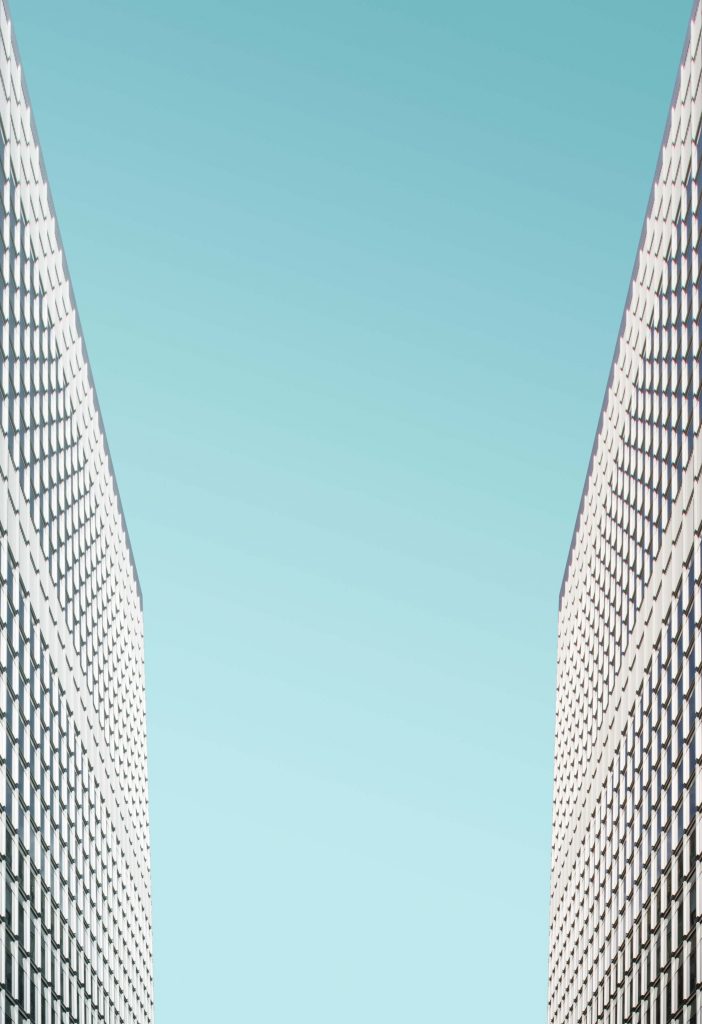
Ok, But Why?
Minimalism has brought a lot of good things to my life. For starters, it gives you peace of mind. The less clutter you have to worry about, the happier you live.
It’s hard to explain, but in my opinion the benefits of decluttering your life consist on the sum of a lot of small details. It’s hard to analyze them individually, but together, they make a difference.
For
The Apple Watch is another example. Have you read “Preamble to the instructions on how to wind a watch” by Julio Cortazar? The Apple Watch is just another gadget with another cable. You need to keep it with you all day long, so it can measure your steps, exercise, calories burned. And you
So it’s not just about the physical objects, it’s the time they take from you and the woes and duties they impose on you.
What’s In Your Pockets?
Bilbo is unable to think of a riddle; he pinches himself, slaps himself, grips his sword, and feels around in his pocket. Only then does he remember the object he had absent-mindedly put there earlier. He says “What have I got in my pocket?”
— J.R.R. TOLKIEN, LORD OF THE RINGS.
Minimalism has become mainstream, something fashionable to show how cool you are. This has its positive side, but unfortunately it also means a certain devaluation of the term. In today’s world of YouTube and Instagram, minimalism has become a contest on owning -or pretending to own- as few objects as possible. There are posts, youtube channels and social media feeds devoted to this question. How many items do you carry with you? 75? 60? Less than 50? Count them!
Personally, I think this competition completely misses the point. In my humble opinion, Minimalism is not about the number of items you own, but about owning only the essential stuff, the things that add value to our life, and getting rid of the rest.
Now, “essential” is a completely subjective word. We are all different, and we have different needs, passions,
As an example, a librarian, passionate about books, may have a library in his house containing thousands of books, but live with almost no furniture -just the absolutely necessary-, no car, no iPad, computer or phone, just surrounded by his thousand books, and still be a minimalist.
On the other hand, the backpacker that proudly affirms to own only 57 objects, may have two laptops and an Apple Watch she does not need at all.
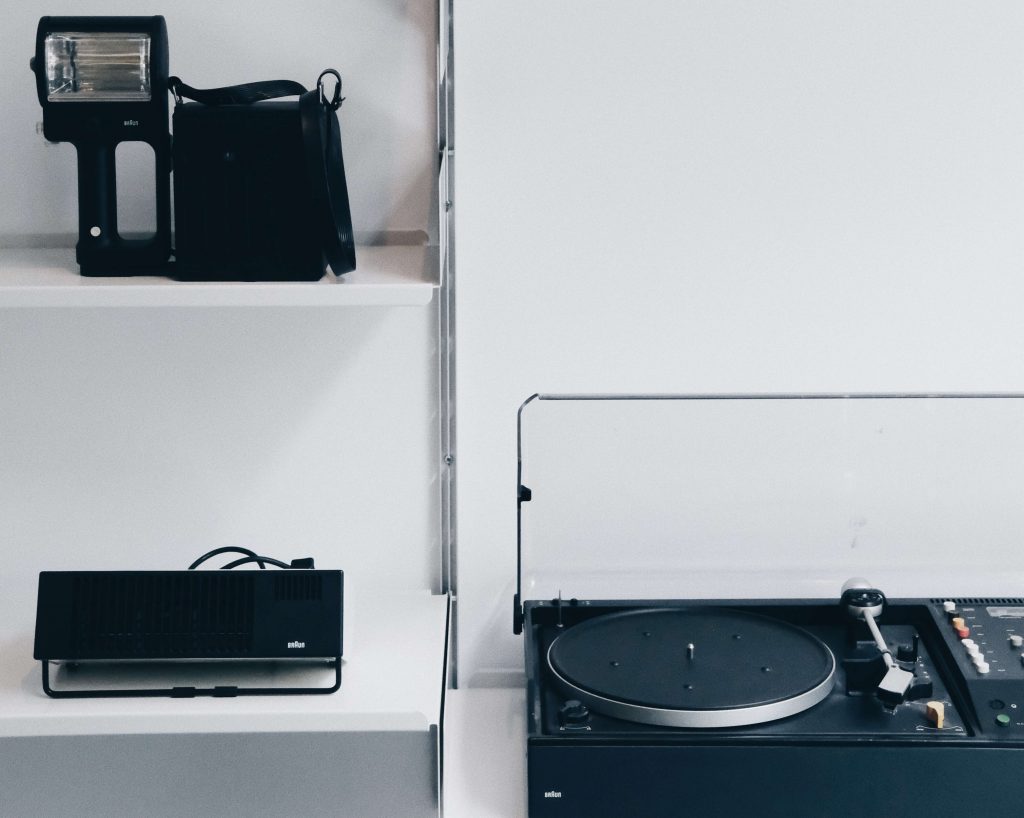
What’s Really Essential For You?
In my case, I found out what was essential for me in two stages.
The first, and most important, was obviously when I and my partner decided to become digital nomads. That forces you to make some important -and sometimes painful- decisions. Namely, we needed to reduce our belongings to what could fit in our suitcases.
The second stage came in gradually. After that initial shock therapy, something amazing happens. Objects start losing the power they had on you. And you realize they are just tools to do certain things.
Eventually, the word “essential” changes its meaning. Yes, your objects are essential, because each and every one of them serves a purpose. You need them. At the same time, they are not “essential” anymore in the sense that any of them could be easily replaceable if needed.
I like to refer to this feeling using the Spanish word desapego, which is one of those words that’s hard to translate to another language due to its subtle connotations. The closest English word would be indifference. But it’s not that you don’t care about things, it’s that you don’t have an emotional attachment to these objects anymore.
Do You REALLY Need That?
Apart from my clothes and necessary hygiene stuff, I carry some gadgets like my phone, iPad and laptop. I used to be an Apple fanboy some time ago, but now if my iPhone was lost or stolen, I’d probably replace it with a 100€ Android phone. Why? Well, a phone is a phone, and I hardly use it for anything but calls, occasional messaging, surfing the web or digital banking. I can do all of that with a cheap Android phone. Spending 900–1000€ on a phone is not reasonable for me anymore.
I used to own an Apple Watch. After some time, I realized it did not add anything valuable to my life. The health rings were nice, but I had been going to the gym for 15 years before I had one without needing it. Also, the notifications in my wrist were just another source of distractions, and I had practically no use for this overly expensive gadget. So I sold it.
As you may know, I’m in the process of adopting the iPad as my only working tool. When that moment arrives, I’ll be happy to get rid of the MacBook Pro too.
As of now, there’s not a single item in my suitcase that’s superfluous to me, neither there’s anything that’s really irreplaceable.
My books, my family photos,
Less Is More
Of course, you don’t need to be a digital nomad to embrace Minimalism. It just happen to be a perfect match for that lifestyle. But you can live comfortably in your house, happy with your 9 to 5 job, and enjoy a minimalist lifestyle.
What you need is getting rid of everything superfluous. That implies doing an honest analysis of your stuff and all your objects. Next, get rid of everything you don’t absolutely need. Everything you use just because it was a gift, everything you have in your attic or lumber room, everything you haven’t used for a year…
Yes, you can cheat and leave stuff at your mother’s apartment, but what’s the point then? As with all things, Minimalism is not for everybody. It’s something that can bring a lot of value to your life by removing what’s unnecessary. Not something you need to do or something to impress others.
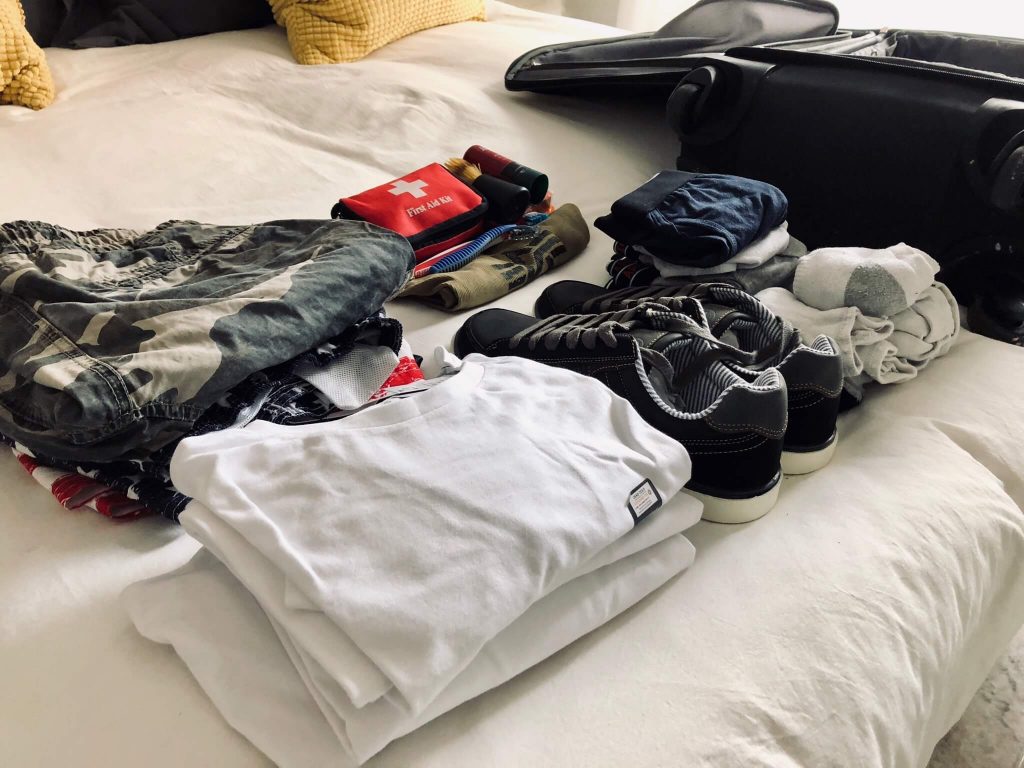
Ok, But What’s In Your Pocket?
As I mentioned, I’m traveling to Thailand today. That means getting rid of jackets and coats. Warm weather, yay! So if you are curious to know what’s in my suitcase, I will describe it to you, but I promise not to count my stuff or pretend to have fewer objects than someone else. 🙂
Clothing
I am not into fashion or expensive costumes. I like simple, neutral clothing. I’m one of those guys who’s not ashamed of saying that most of his gear comes from Primark. I don’t own anything from Hugo Boss, Massimo Duti or Hollister.
Of course, it’s perfectly fine if you do, and like to dress fancy or wear quality clothing, It’s just that for me it’s not that important.
So my suitcase contains:
- five white T-shirts. 2€ each. I had 5 black ones, but I was advised to wear light clothes in Asia, so got rid of them and bought those instead. Total cost: 10€.
- short camo pants, green fabric long pants
- 5 pieces of underwear and socks
- one sweater
- one coat (I’m sure I won’t need it in Southeast Asia, but I keep it because I travel often to Estonia)
- a pair of shoes
- my flip-flops and swimming suit (yay!)
- gym shoes,
T-shirt and short pants - a light bag for my gym stuff
- My sunglasses
My gadgets and working stuff
I have a “working” bag where I keep all my gadgets and working stuff. It contains:
- my MacBook Pro (and wool case)
- my iPad Pro (and a wool case)
- the Apple Pencil (yes, I find it awesome for quickly prototyping apps)
- two cables for the iPad
pro , one for the MacBook Pro, two for the iPhone, and an extension cord for the iPad Pro - the Time Machine backup USB disk (1TB).
- my Ledger Nano-S Wallet
- A memory card
Some other stuff
This is some other stuff I carry with me that’s neither clothing nor stuff I keep in my working bag:
- my Canon EOS100D camera
- a USB cable and a battery charger for the Canon
- an external microphone
- a First Aid bag and a box of Paracetamol
- an actual physical book, paperback edition.
- my toilet bag, including my toothbrush and toothpaste, safety razor, gel, and brush (I need to buy a hair shaving machine…)
In my pockets
No, there’s no ring in there, but some other stuff like:
- my passport
- a wallet (containing my cards, coins, the e-Residency card
and its reader) - my phone and its headphones
- eventually, the key to my apartment
It’s All Of That Necessary?
Well, for me, it is. I am still looking forward to getting rid of some stuff (like the laptop). However, as of now, that’s the stuff I need.
My Canon camera is the perfect example of something that’s not “essential” -meaning, I can live without it- but still brings me joy. I use it not only for work -some of the pictures of this blog, or even a video or two- but also for amateur photography.
Conversely, when opting for a digital nomad lifestyle, I had to do some sacrifices. Concretely, I had to sell my piano. However, even that painful separation helped me develop that indifference, that desapego to material things. Perhaps in the future, I will buy a new one and play again, but it’s something I don’t need anymore. There’s always new stuff to do, and new things to discover.
Conclusion
Happy new year! Last year started with a trip to the Baltics, and this one starts with a tour to Southeast Asia. In this post, “On Minimalism”, I wanted to reflect on minimalism, what it means to me, and why it has been important in my life.
I hope you liked my story, but what’s yours? Do you call yourself a “minimalist”? Let us know in the comments below!

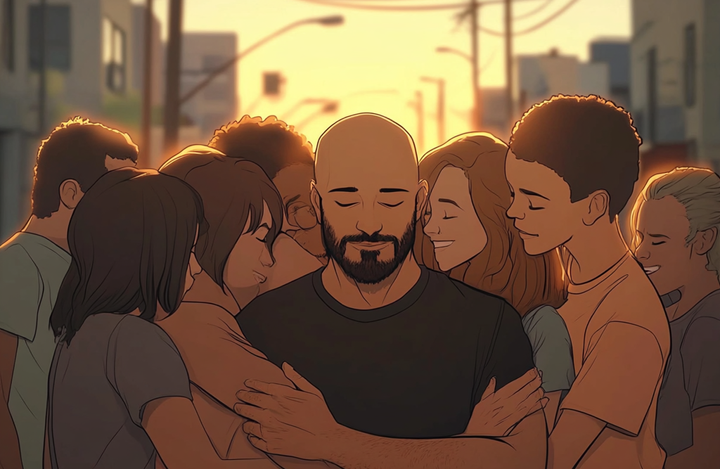
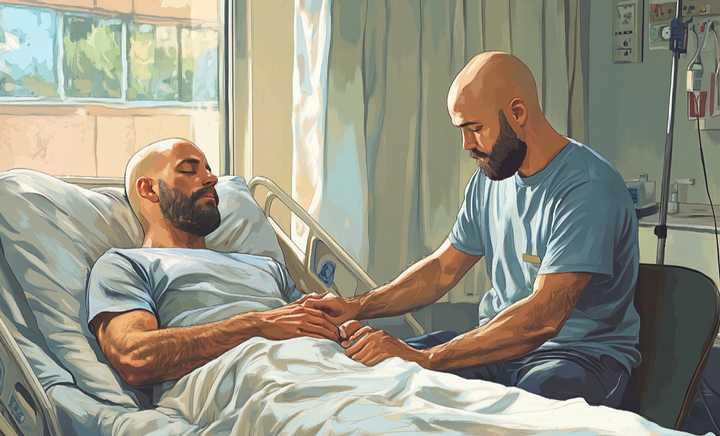
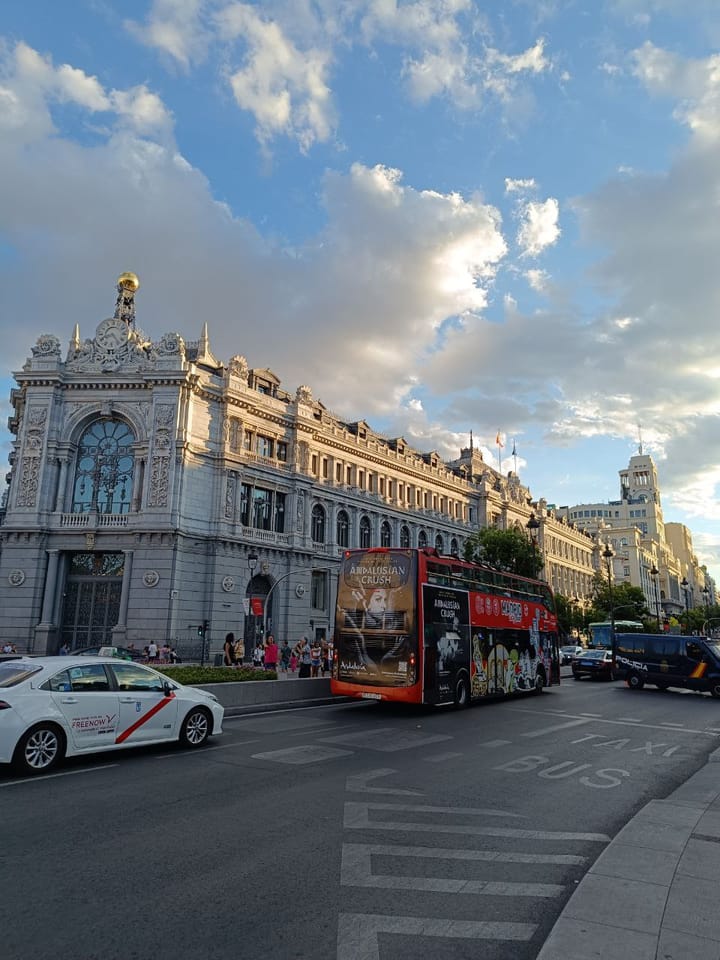
Comments ()